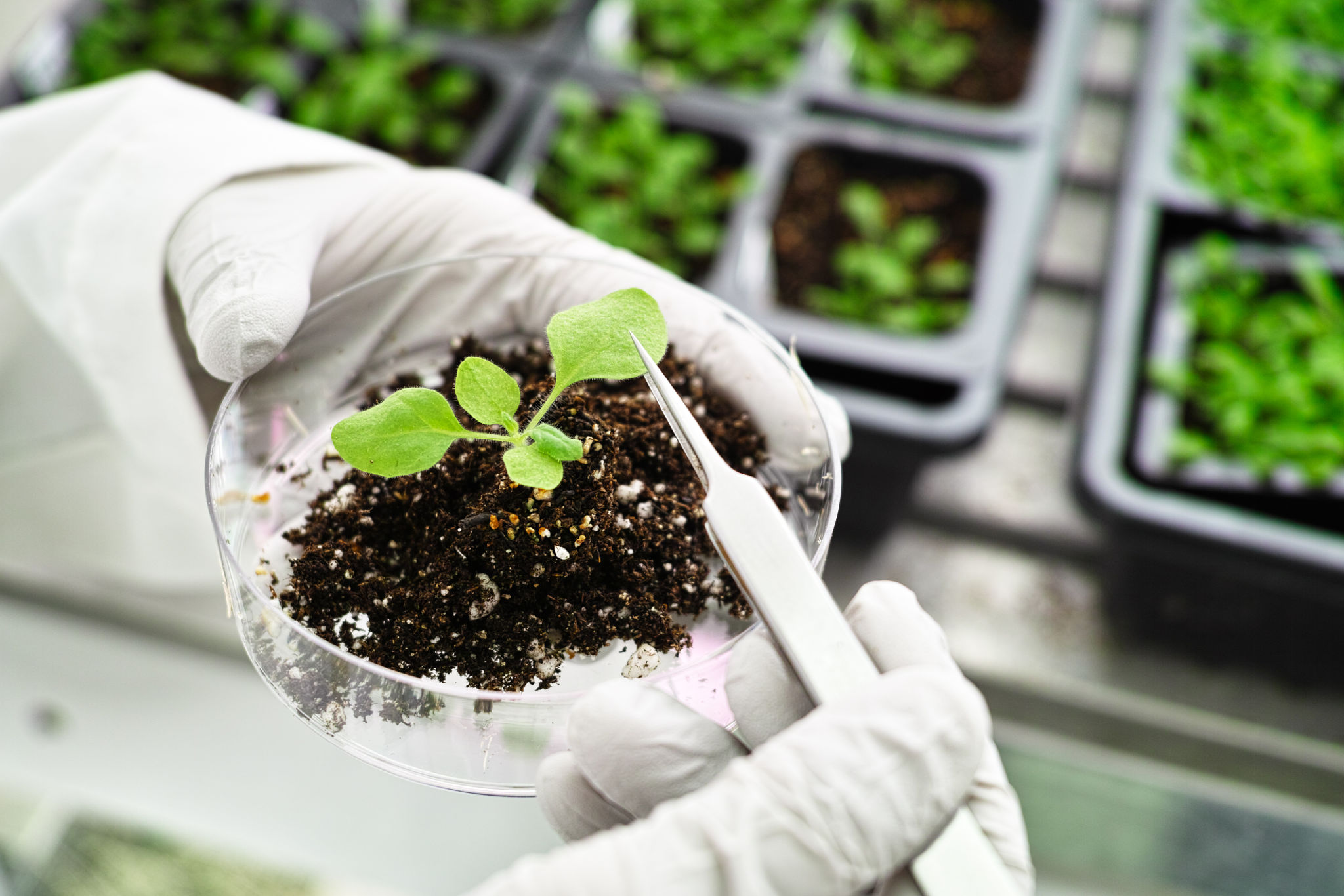Myths and Facts about Biotechnology: What You Need to Know
Understanding Biotechnology: Separating Myths from Facts
Biotechnology, a rapidly evolving field, often finds itself at the center of public debate. Despite its contributions to medicine, agriculture, and environmental sustainability, misconceptions persist. In this post, we aim to demystify biotechnology by addressing some common myths and facts.

Myth 1: Biotechnology is a New Science
A prevalent myth is that biotechnology is a recent development. In reality, biotechnology has roots that trace back thousands of years. Traditional methods like fermentation and selective breeding are early forms of biotechnology used to produce bread, cheese, and even beer.
Modern biotechnology doesn't replace these methods but builds upon them with advanced techniques like genetic engineering and CRISPR technology, enhancing precision and efficiency in developing new solutions.
Myth 2: Genetically Modified Organisms (GMOs) are Unsafe
One of the most contentious issues in biotechnology is the safety of GMOs. Many believe GMOs pose health risks, but extensive research has shown that they are safe for consumption. Regulatory bodies worldwide, including the FDA and WHO, have reviewed numerous studies confirming the safety of GMOs for humans and the environment.

Moreover, GMOs can contribute to food security by increasing crop yields and resistance to pests and diseases, which is crucial for feeding a growing global population.
Myth 3: Biotechnology Harms the Environment
Some fear biotechnology negatively impacts the environment. In fact, biotechnology can offer environmental benefits. For instance, biotechnological innovations can lead to the development of crops that require fewer pesticides and fertilizers, reducing chemical run-off into water systems.
Bioremediation, another application of biotechnology, uses microorganisms to clean up contaminated environments, showcasing how biotechnology can aid in environmental conservation.

Fact: Biotechnology Fuels Medical Advancements
A notable fact about biotechnology is its pivotal role in medical progress. Biotechnology has led to breakthroughs in drug development, personalized medicine, and gene therapy. Biotechnological tools are instrumental in developing vaccines, including those for COVID-19, highlighting their importance in global health.
Fact: Biotechnology Supports Sustainable Agriculture
Biotechnology is crucial in fostering sustainable agricultural practices. By improving crop resilience to climate change, biotechnology helps farmers maintain productivity despite challenging weather conditions. This supports sustainable food production systems that are vital for future generations.

In conclusion, while misconceptions about biotechnology persist, understanding the facts can help appreciate its benefits. As this field continues to evolve, informed discussions will be essential in leveraging biotechnology's potential responsibly.
